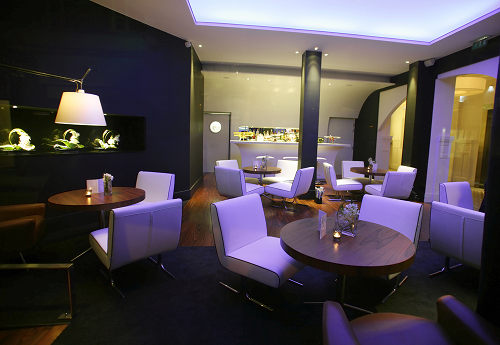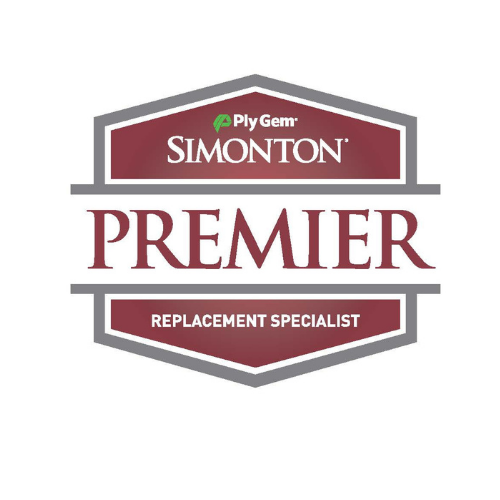There are currently different brands offering glass panes for windows, doors and other applications. However, one of the best choices for businesses is Simonton. This brand not only carries diverse window styles for all buildings, but also allows customization to suit energy efficiency and comfort levels. One aspect that sets the Simonton glass pane range apart from other brands is its high-quality insulated glass.
To help businesses such as cafes, lounges, bars and restaurants make an informed purchase decision, here are some tidbits on what insulated panes are and why they offer so many benefits.
Components of Insulated Glass
The Simonton glass pane is by far more superior when compared to other glass types on the market. Most people wonder what sets insulated glass apart from regular glass panes. Below are the main constituents of insulated glass that make it unique:
- Desiccant
This is a drying agent used to remove moisture and humidity between the layers of insulated glass. It prevents the moisture that can fog up the glass’ surface and cause its loss of translucency. The common desiccants used are zeolites and silica.
- Spacer
This provides a fixed gap between the two panes of your insulated glass. The spacer is often made of thermoplastic material or aluminum and holds the desiccant.
- Cavity
The cavity between insulated glass gives it its insulation properties. This cavity is filled with insulated air, most often noble gases, to restrict moisture ingression.
- Sealant
This ensures that the air filling the cavity between the panes of insulated glass does not escape, helping you keep customers warm. An improper seal will cause the window to lose its insulating properties fast as its gas slowly leaks. The leading sealant option for insulated glass is butyl. Secondary sealants like silicone and polysulfide are used together with butyl to enhance a window’s structural integrity.
Types of Insulated Glass
There are several insulating glass unit options available and they are differentiated by their additional coatings, sealing layers and cavity filling materials. The following are three of the leading alternatives you have for your windows’ insulated glass panes.
- Argon-filled glass
Argon is a colorless, odorless, non-toxic and inexpensive noble gas widely used in insulating glass panes. The gas is preferred over air because the latter fogs glass windows owing to its high moisture percentage. Moreover, air has less insulating properties compared to noble gases. Argon-filled glass minimizes hear transfer, improves a room’s soundproofing and enhances the window’s U-value {This value denotes a window’s insulation properties. A lower U-factor means the window has higher insulation}. Furthermore, it will not corrode the frames of the window and is eco-friendly.
- Low-E glass
This is also called low-emissivity insulating glass. It is meant to regulate the window’s heat transfer and reduce its U-factor. The emissivity coating on the glass panes is achieved through the application of microscopic metal oxide layers that result in a greenish tint. Combining the metal oxide layer with a gas-filled cavity between the glass panes augments a window’s thermal insulation. The coating can reduce up to 50% of energy loss resulting in optimal energy conservation. There are also special low-E coatings that allow the passage of specific light types to illuminate interiors.
- Dual-seal silicon glass
This is a modern double glazed window pane renowned for its durability. The silicone seal, also called PIB, will form an effective barrier against environmental moisture to aid in the maintenance of the glass’ insulation properties. The silicone sealant bond is quite resilient making dual-seal silicone insulated glass an ideal option for industrial and commercial use. The low moisture penetration within the glass panes also means less fog accumulation.
Benefits of Insulated Windows
Insulated glass windows have a place in commericial, industrial and residential buildings. Even so, some people assume they are just over-priced alternatives for their buildings without much benefit. Below are the benefits of insulated glass panes:
- Their natural thermal insulation properties make them energy efficient because they reduce your indoor heat and consequently cooling costs.
- They are hard to break, making them the best picks for places with security concerns.
- Their gas-filled cavities enhance your building’s sound insulation, making them ideal in restaurants and places with high levels of outdoor noise pollution.
- The windows’ restricted heat flow enhances indoor comfort in summer and keeps heat indoors in the winter. The perfect heating solution needed when catering to customers.
- Lowered use of heaters and air conditioners because of the thermoregulation of insulated windows reduces the carbon footprint of these appliances.
- The windows are longer lasting than ordinary glass windows.
Insulated glass with its double glazing has quickly become the leading choice for storefronts, restaurant dining areas and residential buildings. With most questions you might have had answered, you can now confidently invest in them. Contact us at D and D Glassworks for more information on a tried and tested brand like Simonton. Get all the benefits that insulated glass has to offer.


